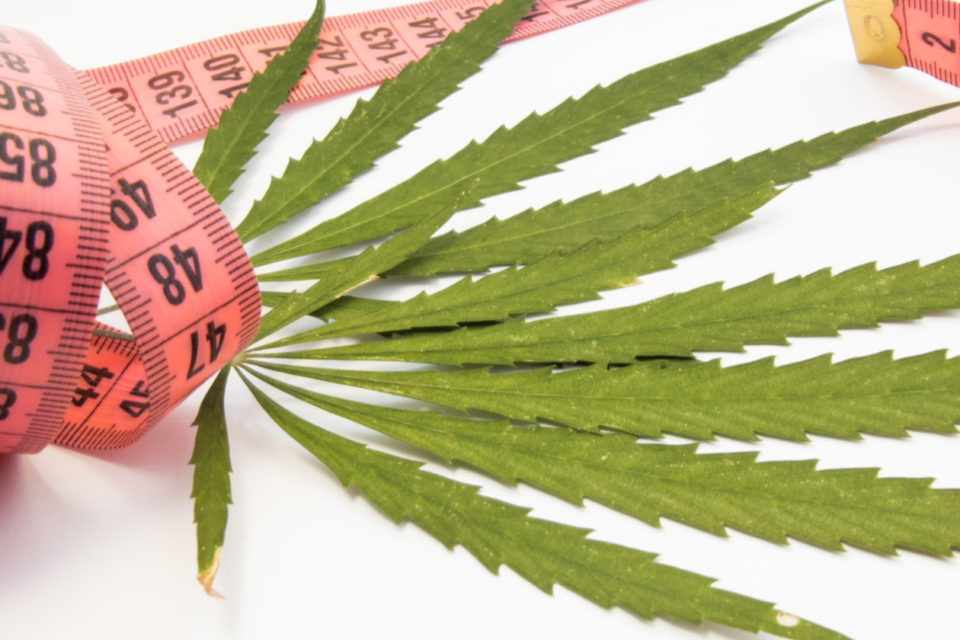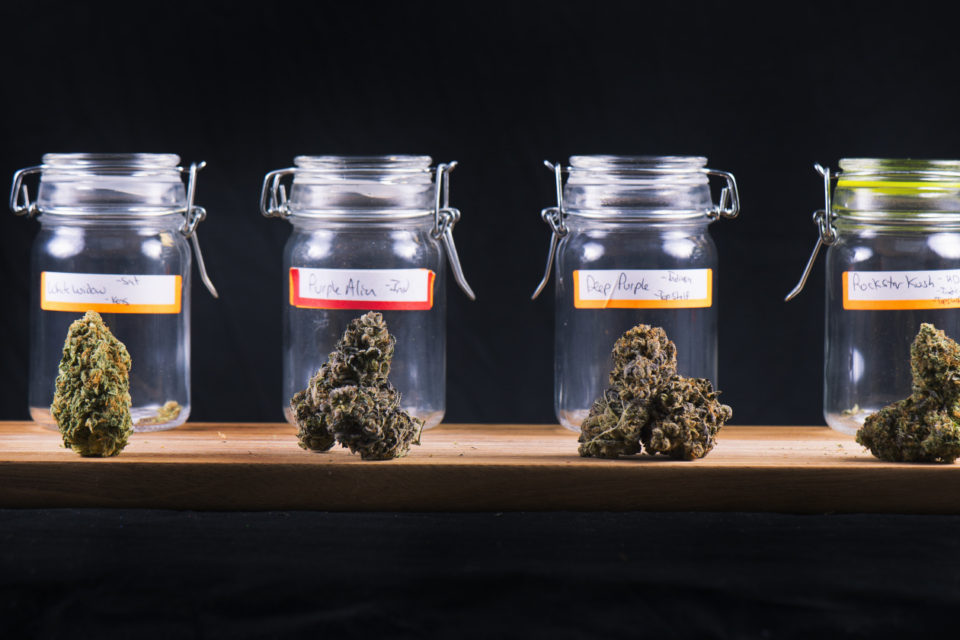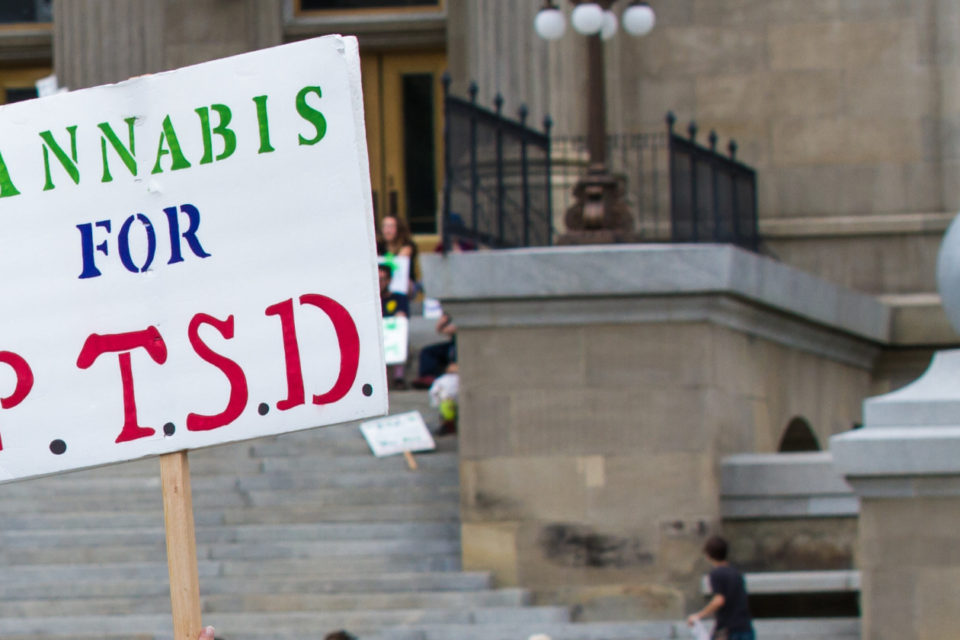Unlike binge drinkers, cannabis users won’t ever experience a “blackout” from cannabis alone. However, virtually every cannabis user has experienced almost comedic forgetfulness after consuming. In this article, we’ll answer the oft-pondered question: Does cannabis affect your memory? And touch upon how cannabis may affect your memory over the short-term and long-term.
Short-Term Effects on Memory
The short-term effects of cannabis — or more precisely, Δ9-THC — is pretty much settled science. Published research provides consistent conclusions regarding the short-term cognitive impairments of cannabis. And few cannabis users would disagree with these conclusions. Pro-cannabis comedies from “Cheech & Chong to Harold” to “Kumar Go to White Castle” have long used forgetfulness as a punchline. So this isn’t controversial in either the scientific community or cannabis culture.
Δ9-THC affects memory in two distinct ways:
- Encoding: Creating and preserving new memories from contemporaneous events proves more difficult.
- Recall: Cannabis can make you forgetful. “Dude, where’s my car?” Difficulty with recall may persist for a period after your high but seems to come back after even a relatively short period of abstinence.
Research also suggests that for long-term users these effects appear to lessen as they acclimate to using cannabis consistently over a long period of time.
Long-Term Effects on Memory
The research on the long-term effects of cannabis use on memory has proved difficult, often producing conflicting results. This is mainly due to the many confounding and interacting factors between long-term cannabis use and its effects.
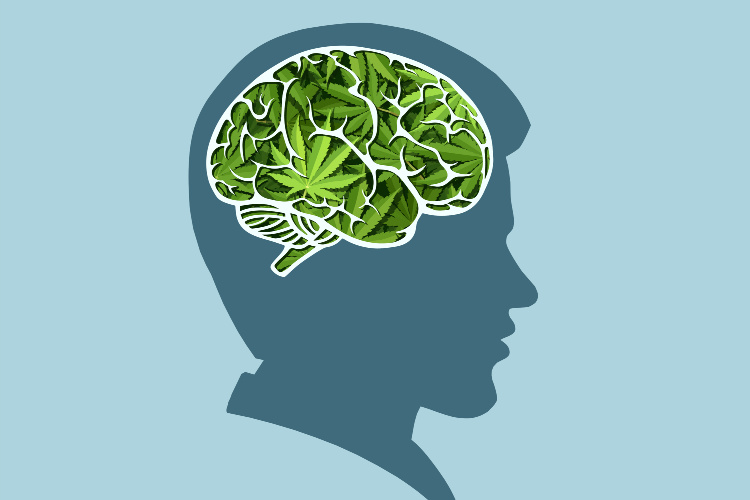
Potential Adverse Effects
Research suggests chronic and excessive use of cannabis will adversely affect long-term memory function. One study published in the JAMA Internal Medicine found that users who consumed cannabis chronically over a period of five years experienced poorer recall than occasional users or abstainers.
Interestingly, the differences between the groups weren’t as significant as one might assume. After a period of abstinence, chronic users could recall 8.5 out of every 15 words, while casual users and abstainers could recall 9 out of every 15 words. That doesn’t seem like much of a difference, but the study’s authors noted that chronic users memory would probably worsen the longer they used cannabis excessively.
Potential Positive Effects
Conversely, several studies suggest cannabinoids — including THC and CBD have neuroprotective properties — meaning they actually protect brain function. A few notable studies suggest cannabis may prevent or delay neurodegenerative disorders like Alzheimer’s and dementia.
Can CBD Help Boost Memory?
Some studies suggest that higher levels of CBD – a non-intoxicating cannabis constituent – may offset THC’s memory impairment. Better yet, CBD may have therapeutic potential to reverse or prevent certain cognitive impairments.
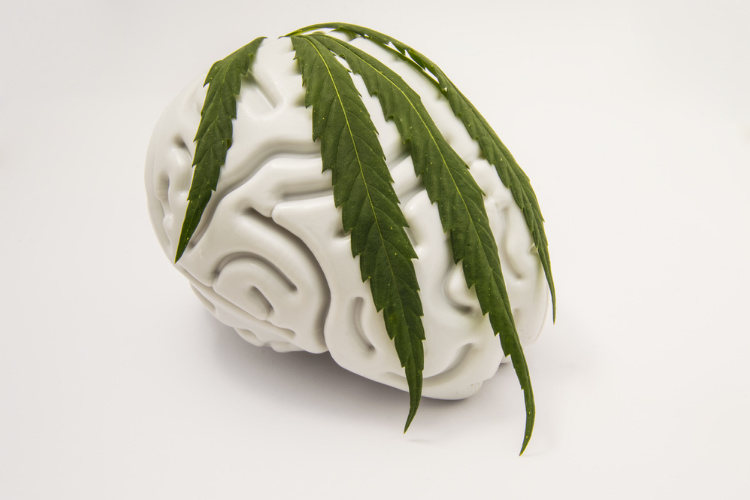
Early research shows that CBD could protect against brain damage caused by binge drinking or alcohol abuse. The National Institute of Mental Health (NIMH) reported that CBD reduced alcohol-induced cell death in the brain by up to 60 percent.
Other studies have shown that CBD could act as a neuroprotectant and help prevent the onset of diseases like Parkinson’s, dementia, or Alzheimer’s.
Closing Thoughts
Like most everything, the key to responsible cannabis use is moderation.
To lessen the effects of cannabis on memory, be sure to use strains with a decent amount of CBD (at least 1%, preferably more). High-THC strains with more than 1 percent CBD can be hard to find sometimes, so an alternate strategy is to mix a high-CBD strain with your high-THC strain. Or simply use a high-CBD strain after you’ve smoked or vaped a high-THC strain.
If you’re looking for any CBD strains come on down to Sunburst Pharm or order from us online. Skip the line. Save some time!


